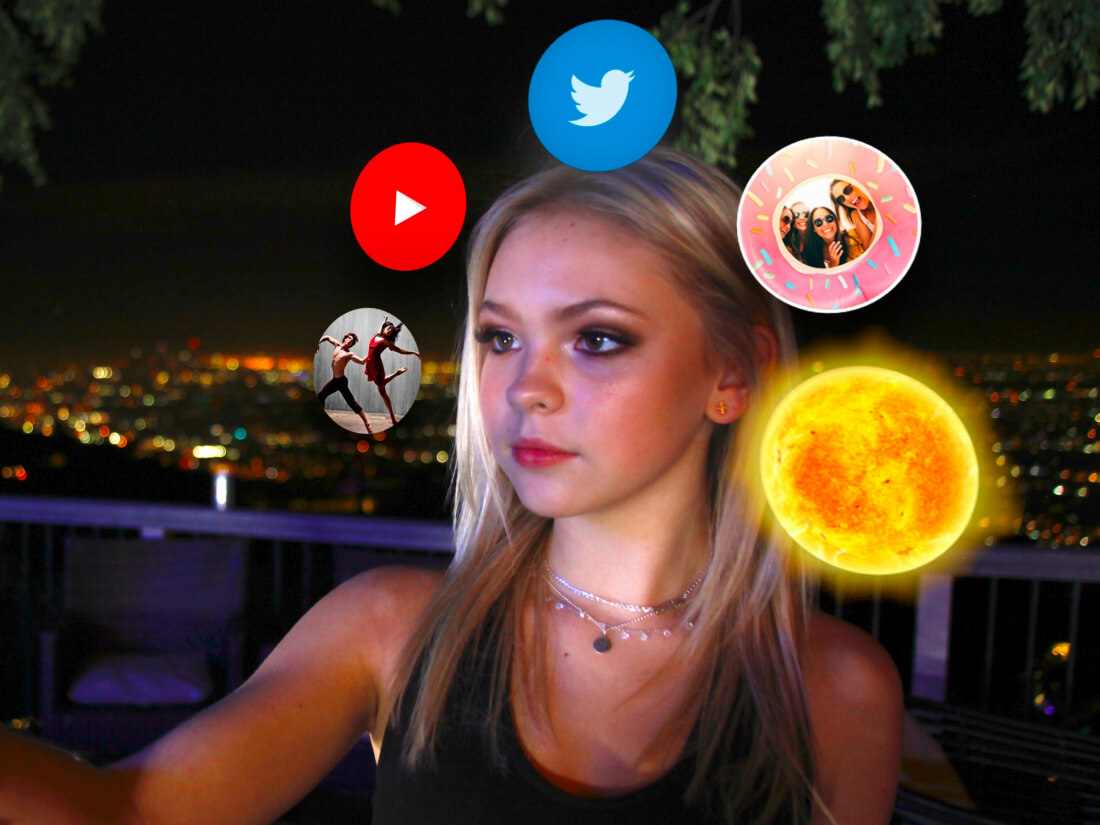An application that calls itself "the world's leading augmented reality and image recognition app" is adding facial recognition technology to its service, allowing users to discover information on 70,000 public figures just by pointing a camera at their image, be it in-person or via a screen/photo. Eventually, any user will be able to add themselves to the database, which is causing some privacy concerns.
Blippar's 'visual discovery browser' lets users point their smartphones at objects to find out more about them. The app surfaces Wikipedia entries, videos, articles, advertising content, and other media, as well as related subjects that users can select. It's a little bit like Google on Tap's camera feature, but with an added augmented reality element. The company's website boasts 65 million users in over 170 countries, with 1000+ brands now using Blippar.
Following the addition of facial recognition technology, users can now scan faces to access a "unique augmented reality experience for people who have a recognized face profile."
While it's not available just yet, the app will soon introduce a feature that lets users create their own AR profiles through the app's selfie mode. Once it arrives, you'll be able to Blipp anyone with a profile to see their "augmented reality" halo, which brings up widgets that show photos, favorite music, a celebrity look-alike feature, "AR mood and Aura," and links to social media profiles.
The idea of being able to point a smartphone at someone and learn everything about them does sound very Black Mirror-like, and brings to mind the nightmare Russian facial recognition app FindFace. But Blippar's co-founder, Omar Tayeb, told the BBC that privacy is "baked into" the app.
"It's a totally opt-in service, the user has full control over what's shown and they're able to deactivate it at any time," he said.
Anyone, including the 70,000 public figures already added, who wants their profile removed can ask the firm to delete it from the servers. Users also have the option of setting their profiles to public or private. Tayeb added that there are a number of security features to stop people creating fake accounts, and that it is sophisticated enough to recognize if a person is trying to register someone else.
Despite the security measures, the app is raising a few concerns. Some people may not realize the potential dangers that come with creating a public profile, and there's no guarantee that aggregated information about a person will be accurate or in date. Still, at least creating a profile is optional, unlike FindFace.
